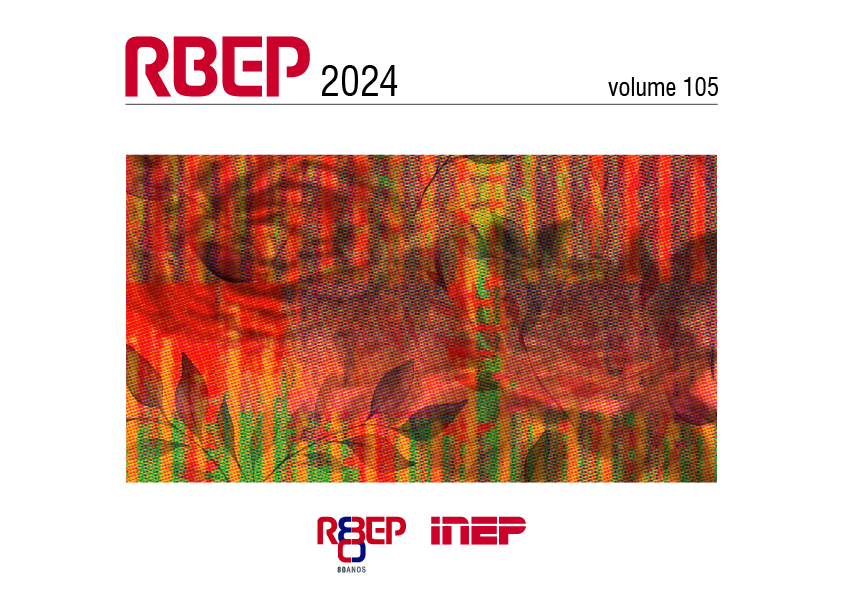The technification of Human Sciences in curricular policies for secondary education: the pedagogizing of educational knowledge and the institution of a new moral economy
Abstract
Educational reforms have been ascribing centrality to the curricula, further affirming them as a place capable of reducing issues and stamping out educational inequality, as well as propagating a viewpoint that opposes pedagogical discipline in regard to educational renewal. Supported by the notion of governmentality, we have been addressing these documents as devices that project the desirable conduct and tensely produce neoliberal subjectivities through the propagation of values that endorse the private sphere and economical concepts related to the status of the source of tenets that must not only regulate the State, but also modify its purpose. The excerpt analysis covered in this study, concerning the National Curriculum Guidelines and the Common National Curriculum Base oriented towards secondary education, stems from a documental and qualitative research, substantiated by a post-foundational perspective, and it seeks to ponder over the paths taken that, ultimately, limit Human Sciences, due to the deterioration of school subjects and the pedagogizing of the curriculum. We emphasize that such process, depicted as an attempt to give meaning akin to synonyms of competencies for educational knowledge, is grounded in a moral economy logic that exacerbates personal interests and individual desires, thus depreciating egalitarianism and impersonal standpoints, a context in which Human Sciences, if resignified, assume a pivotal role.
Downloads
Copyright (c) 2024 Brazilian Journal of Pedagogical Studies

This work is licensed under a Creative Commons Attribution 4.0 International License.
Once their work is accepted for publication, author’s copyrights are automatically relinquished to the National Institute for Educational Studies and Research Anísio Teixeira (Inep).
Since 2016, the journal Revista Brasileira de Estudos Pedagógicos (RBEP) uses the licence CC-BY.
Partial or total reproduction of the content of this Journal is permitted provided that the original publication is properly referenced, as well as a link to license CC BY 4.0 and to indicate any possible alterations made to the article.




















